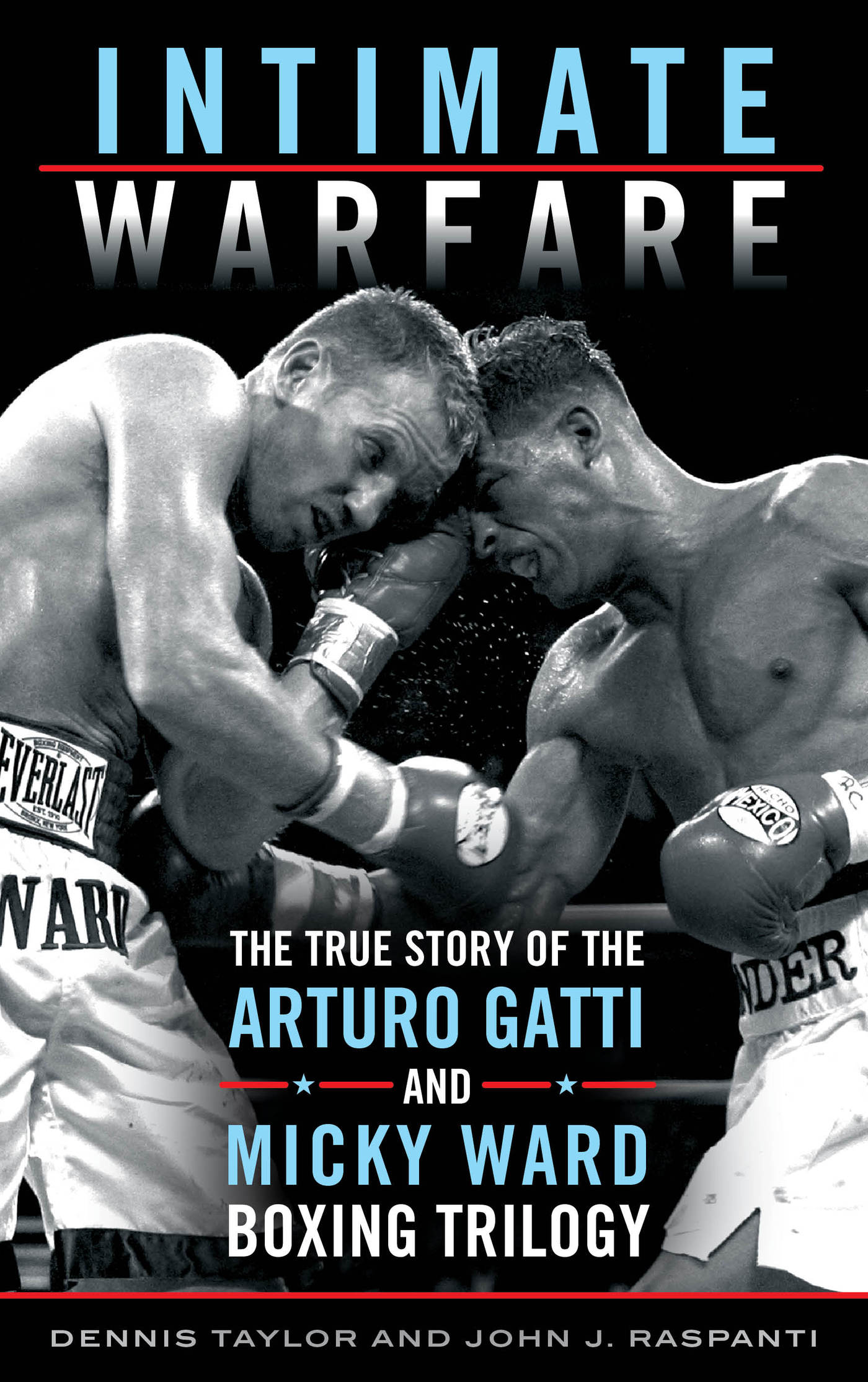Intimate Warfare
Intimate Warfare
The True Story of the Arturo Gatti and Micky Ward Boxing Trilogy
Dennis Taylor
John J. Raspanti
ROWMAN & LITTLEFIELD
Lanham Boulder New York London
Published by Rowman & Littlefield
A wholly owned subsidiary of The Rowman & Littlefield Publishing Group, Inc.
4501 Forbes Boulevard, Suite 200, Lanham, Maryland 20706
www.rowman.com
Unit A, Whitacre Mews, 26-34 Stannary Street, London SE11 4AB
Copyright 2017 by Rowman & Littlefield
All photographs by Ed Mulholland, courtesy of Ed Mulholland
All rights reserved. No part of this book may be reproduced in any form or by any electronic or mechanical means, including information storage and retrieval systems, without written permission from the publisher, except by a reviewer who may quote passages in a review.
British Library Cataloguing in Publication Information Available
Library of Congress Cataloging-in-Publication Data
Names: Taylor, Dennis, 1953 author. | Raspanti, John J., 1958 author.
Title: Intimate warfare : the true story of the Arturo Gatti and Micky Ward boxing trilogy / Dennis Taylor and John J. Raspanti.
Description: Lanham, Maryland : Rowman & Littlefield, 2017. | Includes bibliographical references and index. | Description based on print version record and CIP data provided by publisher; resource not viewed.
Identifiers: LCCN 2016037648 (print) | LCCN 2016021159 (ebook) | ISBN 9781442273061 (electronic) | ISBN 9781442273054 (hardback : alk. paper)
Subjects: LCSH: Gatti, Arturo, 1972-2009. | Ward, Micky. | BoxingHistory21st century. | Boxers (Sports)Biography.
Classification: LCC GV1132.G36 (print) | LCC GV1132.G36 T39 2017 (ebook) | DDC 796.830922 [B] dc23
LC record available at https://lccn.loc.gov/2016037648
 TM The paper used in this publication meets the minimum requirements of American National Standard for Information Sciences Permanence of Paper for Printed Library Materials, ANSI/NISO Z39.48-1992.
TM The paper used in this publication meets the minimum requirements of American National Standard for Information Sciences Permanence of Paper for Printed Library Materials, ANSI/NISO Z39.48-1992.
Printed in the United States of America
For our fathers, who were boxing fans
Foreword
Ray Boom Boom Mancini
When I think of the GattiWard trilogy, many adjectives come to mind: violent, brutal, fierce, passionate, powerful, raging, savage, vicious. Yet, if you had met either or both men, you would have known that most of the words used to describe their fights were the complete opposite of their personalities and personas. Both men exemplified the words courageous, honorable, and virtuous inside the ring, as well as, gentlemanly, noble, and gracious outside of it. They were everything that is good about the fight game. They were benevolent men.
As hard as they went after one another in their fights, trying to beat the other into oblivion, it was with the same intensity and strength that they forged a friendship and bond that will never be severed. The mutual respect and admiration they had for one another and, later, dare I say, the love that they developed for one another, were something that only men of their substance and character could feel and understand. Only men who have gone through the turbulent and tumultuous rounds that they did could understand such a bond.
Warriors, gladiators, and combatants are words often used to describe Gatti and Ward, and their pugilistic styles. Inevitably, the word champion follows, to emphasize who and what they are, to their fans, to the game, and to the world at large.
I dont know if we will ever see another series of fights between two men with the same intensity, ferocity, and drama that these two staged inside the ringor the same grace, dignity, and decency that they showed one another outside of it.
As a fan of both men, of who they were, what they accomplished, and the great memories they left behind, I want to congratulate them, for their achievements, for their success, and for the immortality they attained through the series of fights that you are about to read about.
Ray Boom Boom Mancini is a former World Boxing Association lightweight champion. He was inducted into the International Boxing Hall of Fame in 2015.
Acknowledgments
This book is dedicated to our fathers, who were boxing fans.
Robert N. Taylor (19182009)
I was small enough to fit on my dads lap when I fell in love with boxing, and that might have been where I sat on March 24, 1962eight days after my ninth birthdaywhen my favorite fighter, Emile Griffith, fought Benny Kid Paret for the third time at New Yorks Madison Square Garden. That welterweight championship fight was televised live by ABC, and Dad and I watched it on our scratchy, old Magnavox TV, toward which I would occasionally be nudged to adjust the rabbit ears.
I recall feeling mortified when Paret nearly KOd Griffith halfway through the fightmy guy was saved by the bell in the sixththen celebrating wildly when Griffith unleashed an avalanche of punches (29 in a row, they figured out later, 18 in a six-second span) to finish Paret in the 12th.
The tragedy, of course, is that Paret died days later from the injuries he sustained that night. I remember seeing his photo in the Denver Post, thinking Paret looked like a little boy. I felt bad and suddenly understood that boxing was a very serious sport.
Why I remained enamored remained a mystery for some time, and then I figured it out. So did my dad, who was the gentlest man I ever knew. He also was one of the toughest people Ive knowna Depression-era guy who grew up on the north side of Pittsburgh, in a neighborhood where, he liked to claim, We played dodgeball with half a brick... and nobody cheated.
Dad was a little guya shade under 5-foot-7, 150 poundswhose own father owned an illegal Pittsburgh speakeasy until hard times hit. So, he moved his family to a cheaper, meaner side of town, where, on their first day in the new neighborhood, my dad and his older brother, Richard, stepped outside to play catch with a football.
As Dad told the tale, a neighborhood tough guy named Chuck Short leapt from bushes, intercepted the ball, and took off down Tweed Street like Red Grange. The Taylor boys chased him down, and since Richard was older and much larger, Dad had to fight to get the ball back. (There was honor among fistfighters in those days.) Long story short, the hero of this story whupped Chuck Shorts ass, got the football, and walked Tweed Street with some semblance of street cred from that day onward.
By the way, I believe every word of his tale. My father was an intensely honest and honorable mannever prone to fabrication or exaggeration, unless his tongue was in his cheek.
His brother Richard, an uncle I never met, dabbled as an amateur fighter in Pittsburgh and was an occasional sparring partner for the Zivic brothersthere were five, including Fritzie, who owned the world welterweight championship in 1940 and 1941. By then, Uncle Richard was a paratrooper, fighting the Japanese in the South Pacific. He came home from the war with at least one magnificent confession: Richard and a buddy had become separated from their unit during one wild battle and had ducked into a cave to hide. Thats where they found a treasure trove of Japanese beer. Uncle Richard came home with a Purple Heart and a drinking problem, but the Congressional Medal of Honor somehow eluded him.
Dad served in the U.S. Navy during the war but never left the States, mostly making pancakes for his fellow sailorsapparently delicious ones: He was discharged with honor and returned to Pittsburgh to become a trolley car operator (a broken-down Honus Wagner, legendary Pirates shortstop, was a frequent, very drunk, late-night passenger) before bringing his family West.
Next page
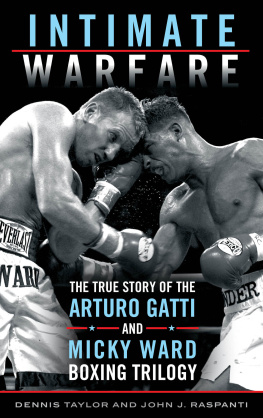
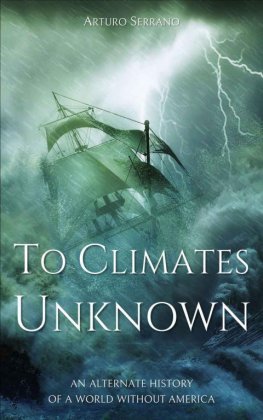
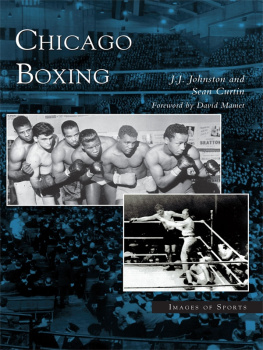
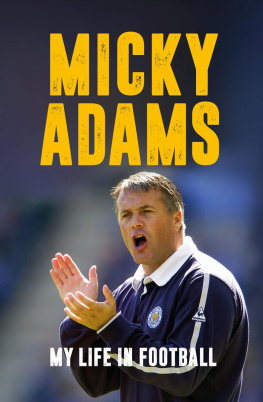

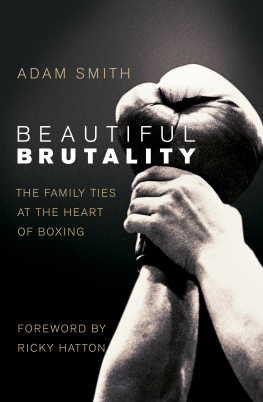
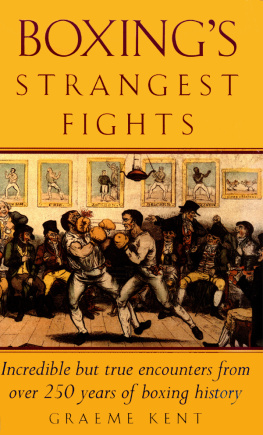
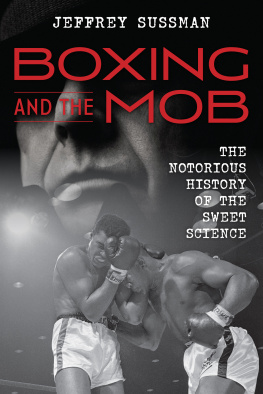
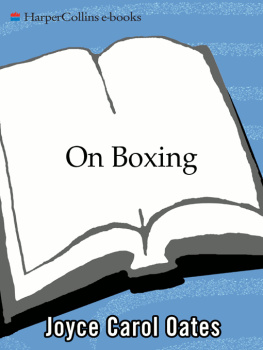
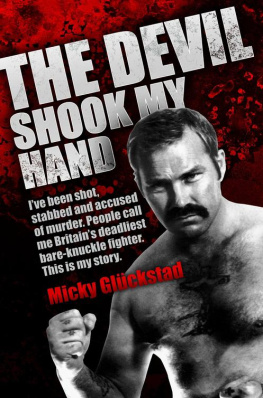
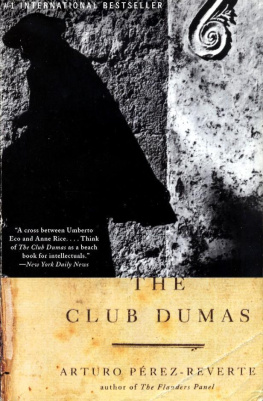
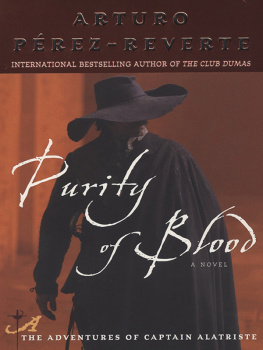
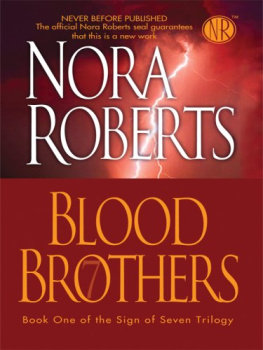
 TM The paper used in this publication meets the minimum requirements of American National Standard for Information Sciences Permanence of Paper for Printed Library Materials, ANSI/NISO Z39.48-1992.
TM The paper used in this publication meets the minimum requirements of American National Standard for Information Sciences Permanence of Paper for Printed Library Materials, ANSI/NISO Z39.48-1992.